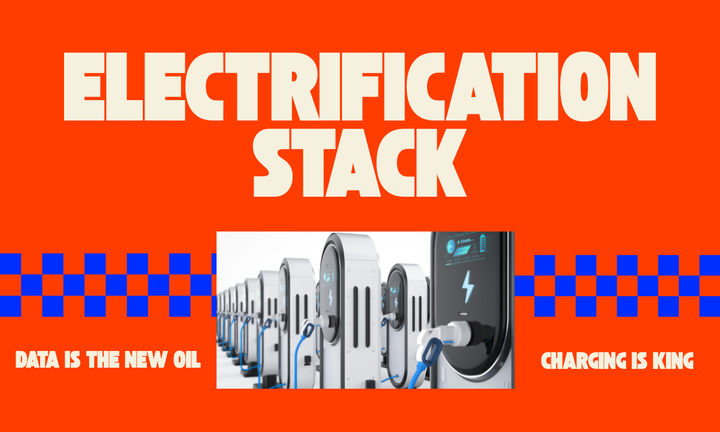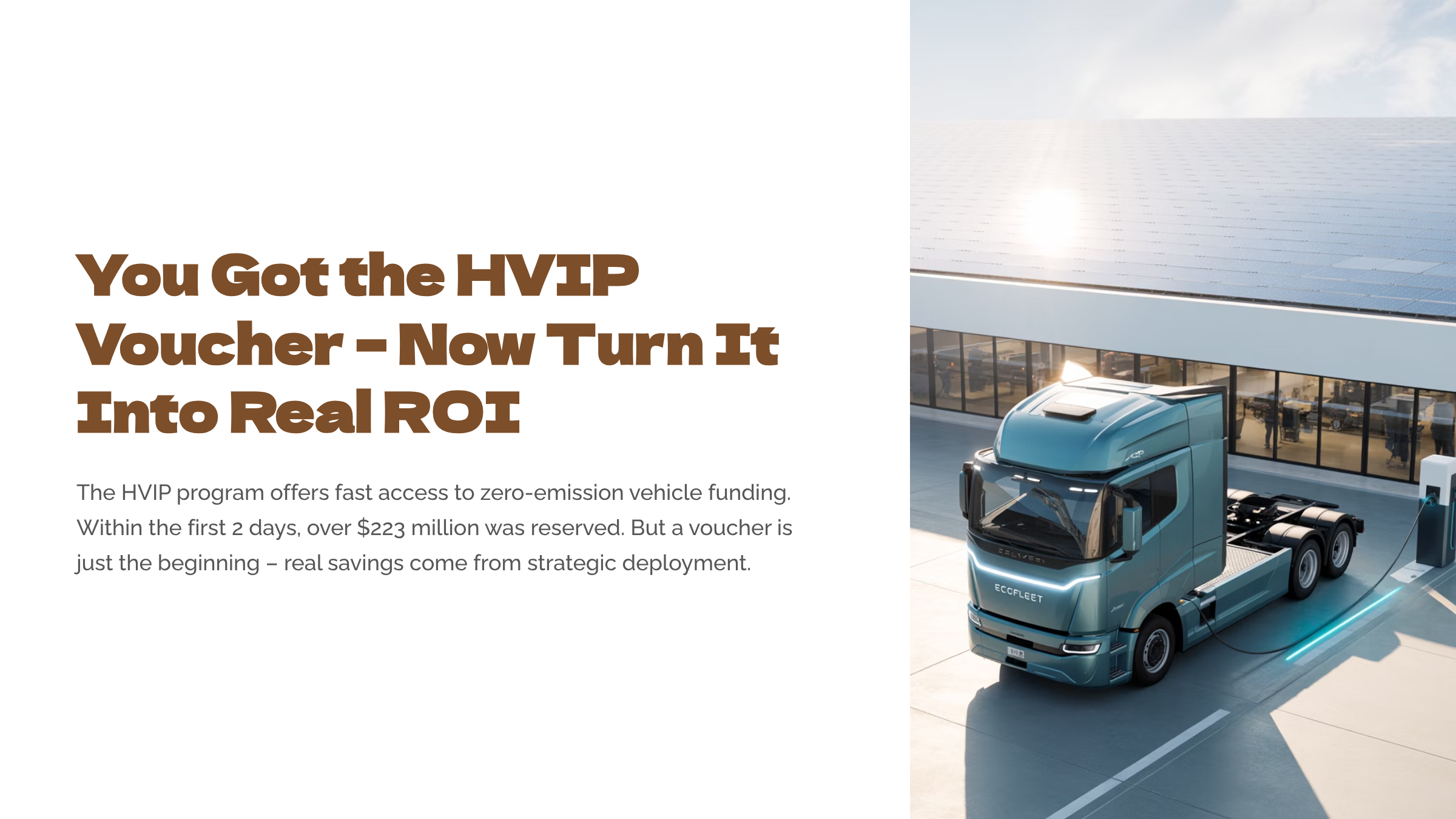
Rhode Island is driving the transition to electric vehicles (EVs) across municipal and commercial fleets as part of a strategic effort to enhance operational efficiency, reduce total cost of ownership, and meet sustainability targets. This approach positions fleet operators to capture long-term financial value while aligning with evolving regulatory and market demands.
Fleet Electrification: A Roadmap for Rhode Island
Rhode Island’s fleet electrification initiative is designed to help organizations—from delivery services to municipal departments—replace gasoline and diesel vehicles with EVs. This transition is a critical step, as transportation accounts for 40% of all greenhouse gas emissions in the Northeast.
Key Benefits
- Reduced Operating Expenses: EVs offer lower fuel costs, greater efficiency, and reduced maintenance, directly improving the bottom line.
- Increased Cost Predictability: Stable electricity prices make budgeting easier compared to volatile gasoline and diesel costs.
- Lower Downtime: Fewer moving parts and longer service intervals keep EVs on the road more consistently.
Quantifiable Impact
A recent fleet advisory study in Rhode Island, supported by National Grid, helped a business identify 63 gasoline SUVs that could be replaced with EV sedans. The study recommended installing up to 63 Level 2 charging stations over three years to support this transition.
Environmental and Financial Results
- Emissions Reduction: Each EV sedan replacing a gasoline SUV saves approximately 93,000 pounds of CO₂ and 100 barrels of oil over ten years.
- Cost Savings:
- Upfront costs for a BEV sedan replacing a gasoline SUV are about $6,750 (including charging equipment).
- Annual operating cost savings can reach $1,750 per vehicle, with lifetime savings up to $21,000.
- Net lifetime savings for a BEV sedan replacing a gasoline SUV can total $14,250.

Supporting Infrastructure and Incentives
National Grid’s Electric Vehicle Charging Station Program offers to fund up to 100% of the electrical infrastructure and charging equipment costs for approved projects, making the transition even more accessible for fleet operators.
Lessons for Fleet Managers Looking Forward
- Prioritize Older Vehicle Replacement: Targeting older, less efficient vehicles yields immediate operational and cost benefits.
- Leverage Incentives: Take advantage of utility programs and federal tax credits to offset upfront costs.
Optimize Fleet Utilization: Assess annual mileage and eliminate underused vehicles to further boost efficiency.
Conclusion
Rhode Island’s fleet electrification efforts are delivering measurable environmental and economic gains. By following a structured roadmap, leveraging incentives, and focusing on total cost of ownership, organizations can achieve cleaner operations and significant cost savings—setting a model for sustainable fleet management across the region.



